Epipremnum Trebie – Satin Pothos Trebie – Moss Pole
$27.95 Original price was: $27.95.$19.57Current price is: $19.57.
- Shop with ease, buy with confidence.
- Free Shipping, Quality Goods
- High quality products, low prices.
- Quality You Can Count On

Closely related to Epipremnum pictum Argyraeus, Trebie has large, heart shaped satin green leaves with large silvery-white splotches. It is compact and slow growing. This particular Satin Pothos Trebie is trained to grow up a moss pole support.
Other common names include Silver Vine, Silver Cloud, Silk Pothos and Silver Philodendron. In Latin, it also goes by the name Scindapsus pictus Argyraeus (particularly in Europe). Pictus means ‘painted’ and is a reference to its lovely silvery variegation.
Please Note: Moss pole styles can vary. Smaller sizes may skip the coir cover, opting for a rough textured pole instead.
Epipremnum Trebie – Satin Pothos Care & Info Guide
Horty Hints
Iron out the Kinks! This plant’s leaves will curl when its thirsty. A little water will go a long way, however if you are watering and the plant still curls, it could be a root rot issue.
Chop and Pot! Pothoses are one of the easiest plants to propagate. If you cut back your plant, keep the cuttings in water and soon they will grow new roots, which can then be planted.
Will Wane When Wet! Pothoses don’t like too much water. If you notice leaves yellowing, tipping or leaf spotting, allow the soil to dry to the touch before watering again.

Light
Epipremnum Trebie prefers moderate indirect light conditions. Avoid exposing to too much direct sunlight as this can burn the leaves.

Watering
This plant is drought tolerant but for best results, water your Pothos when the soil becomes slightly dry. Too much water will kill the plant.

Temperature
Satin Pothos Trebie is happy in normal room temperatures: from 15-24°C. Avoid lower temperatures and cold draughts.

Humidity
This Epipremnum prefers increased levels of humidity but will tolerate normal conditions.

Feed
Apply a weak general purpose fertiliser during the summer months.

Height & Growth Rate
Moderate to slow-growing and can trail up to 3m. Cut back to maintain desired length.

Toxicity
Satin Pothos Trebie is mildly toxic to humans and harmful to pets. Keep away from children and animals.

Origin
Epipremnum Trebie is native to South East Asia.
| SIZE: Pot Diameter x Total Height | 15 x 60cm, 19 x 80cm, 24 x 120cm, 27 x 160cm |
|---|
Be the first to review “Epipremnum Trebie – Satin Pothos Trebie – Moss Pole” Cancel reply
Related products
HOUSEPLANTS
HOUSEPLANT STYLES
HOUSEPLANT STYLES
HOUSEPLANT STYLES
HOUSEPLANTS
HOUSEPLANTS
HOUSEPLANT STYLES

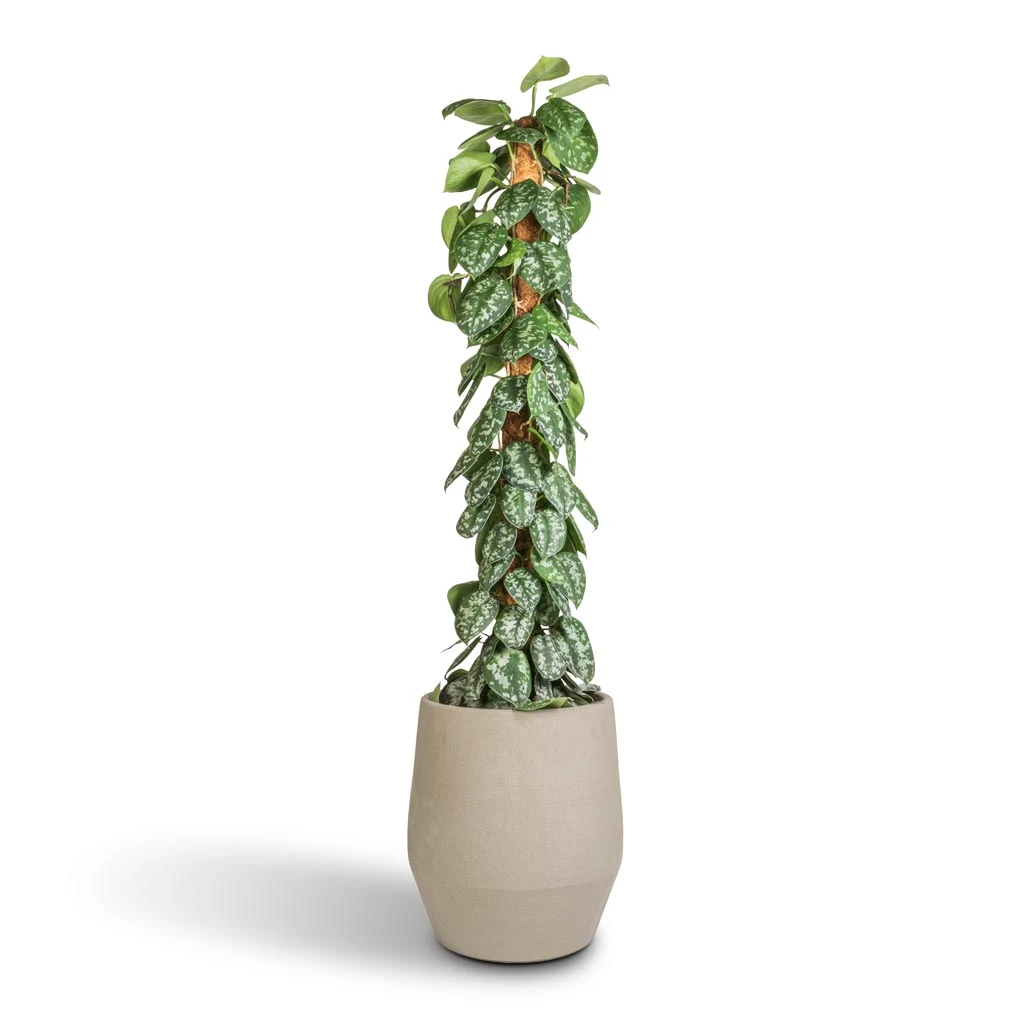

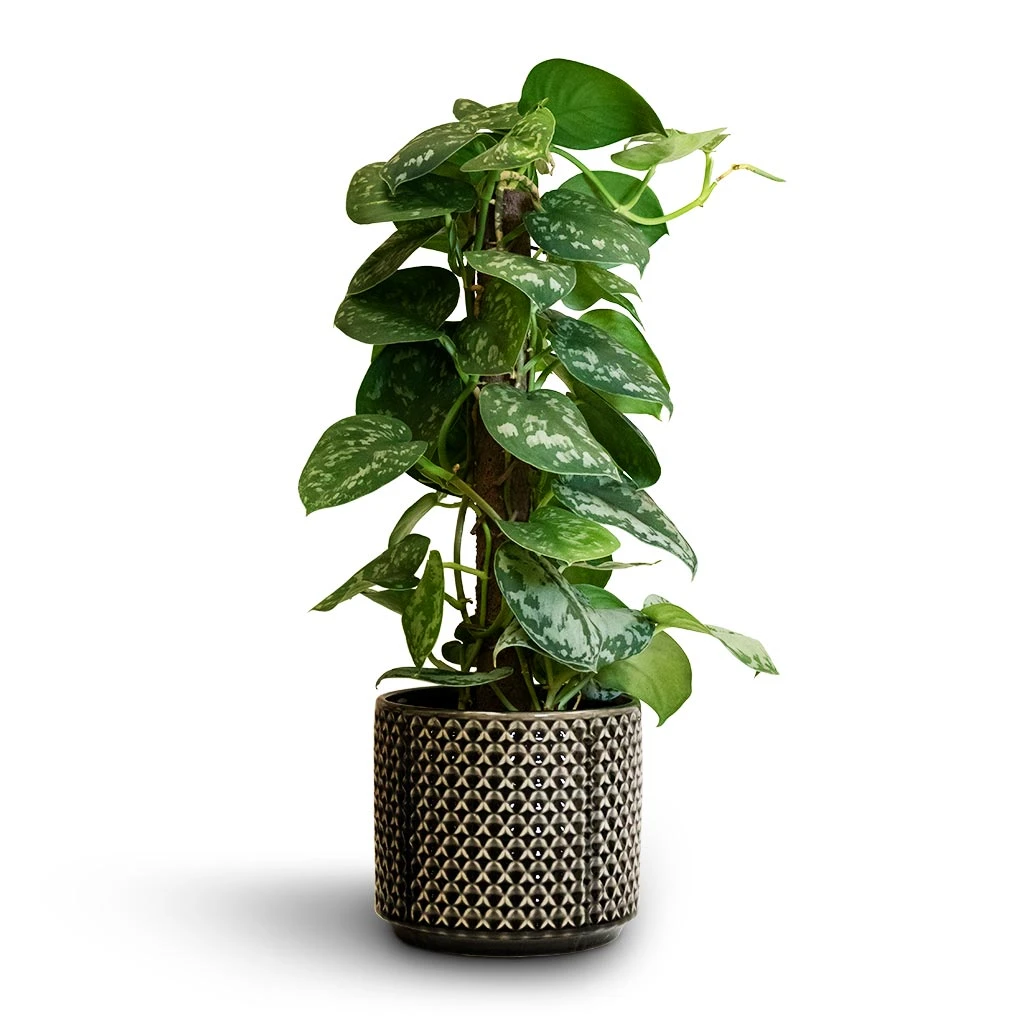
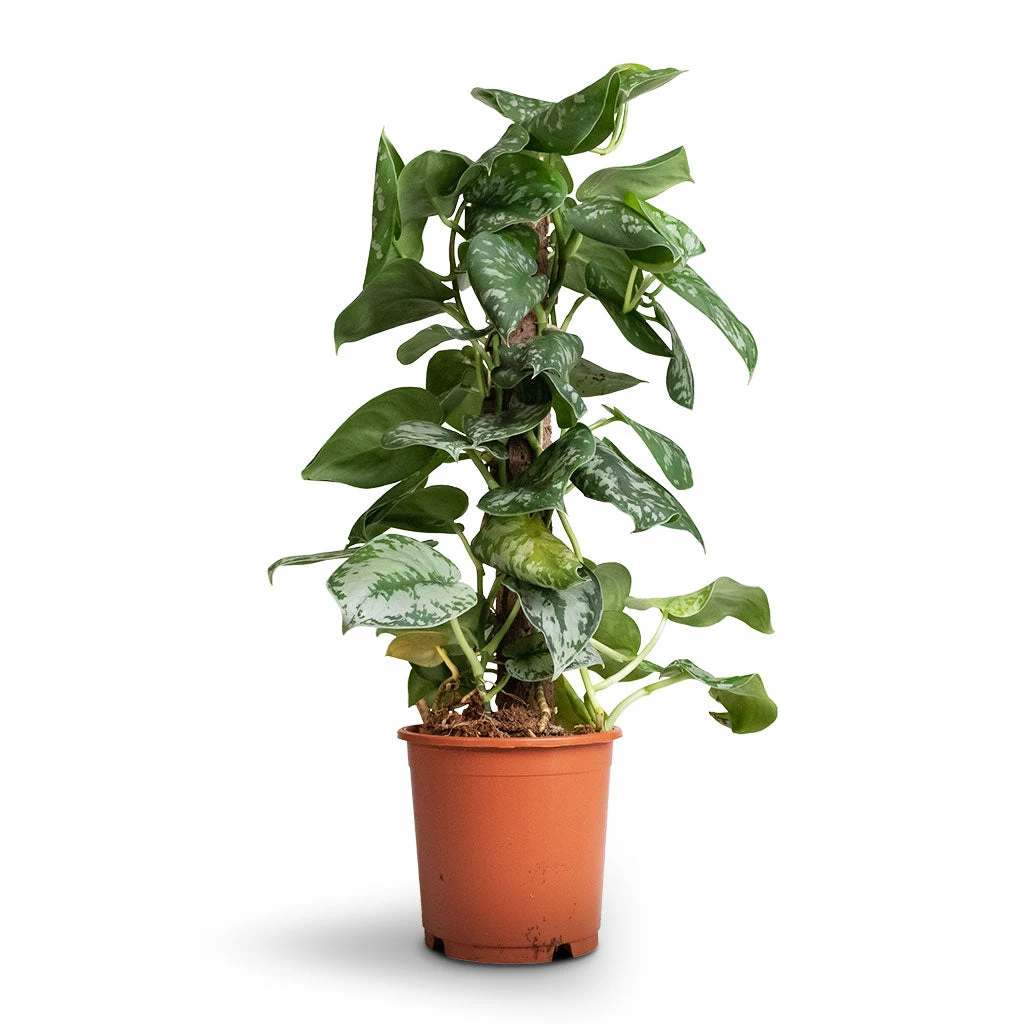
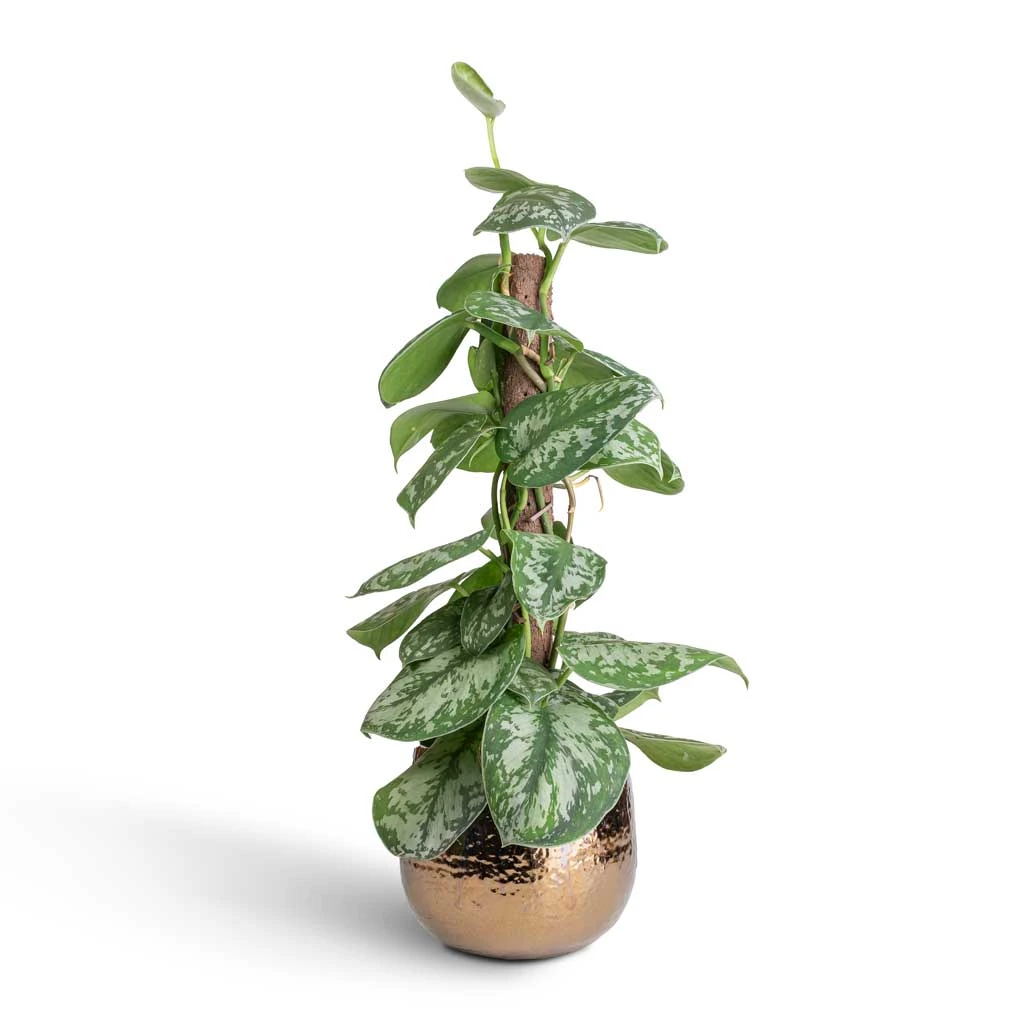

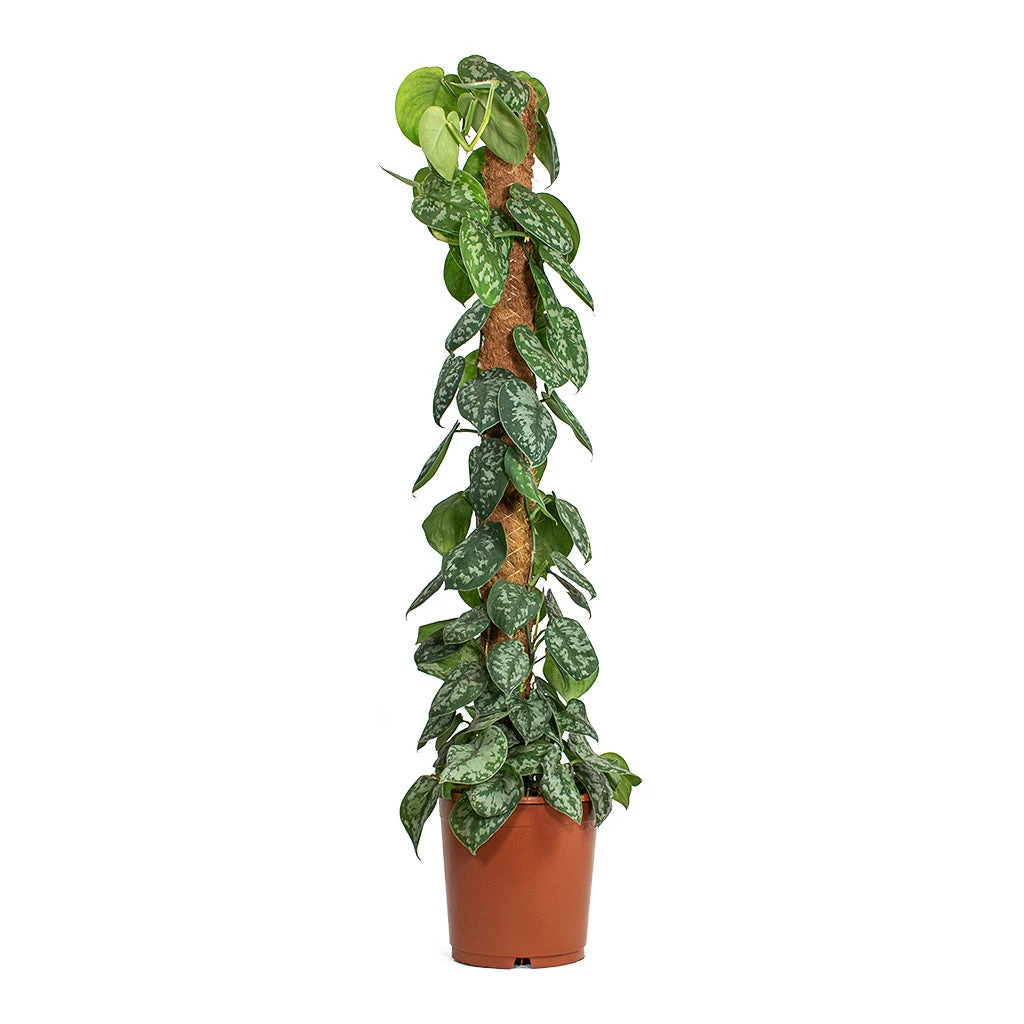
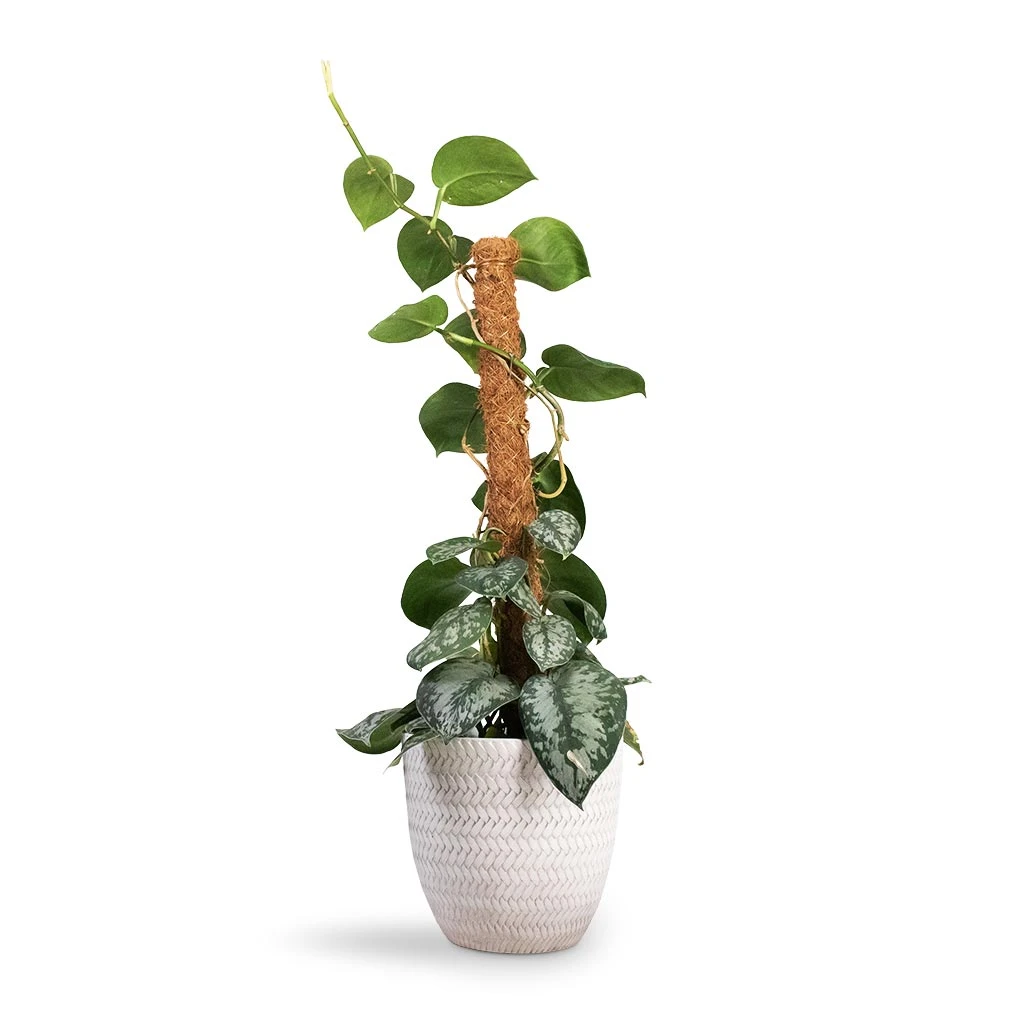

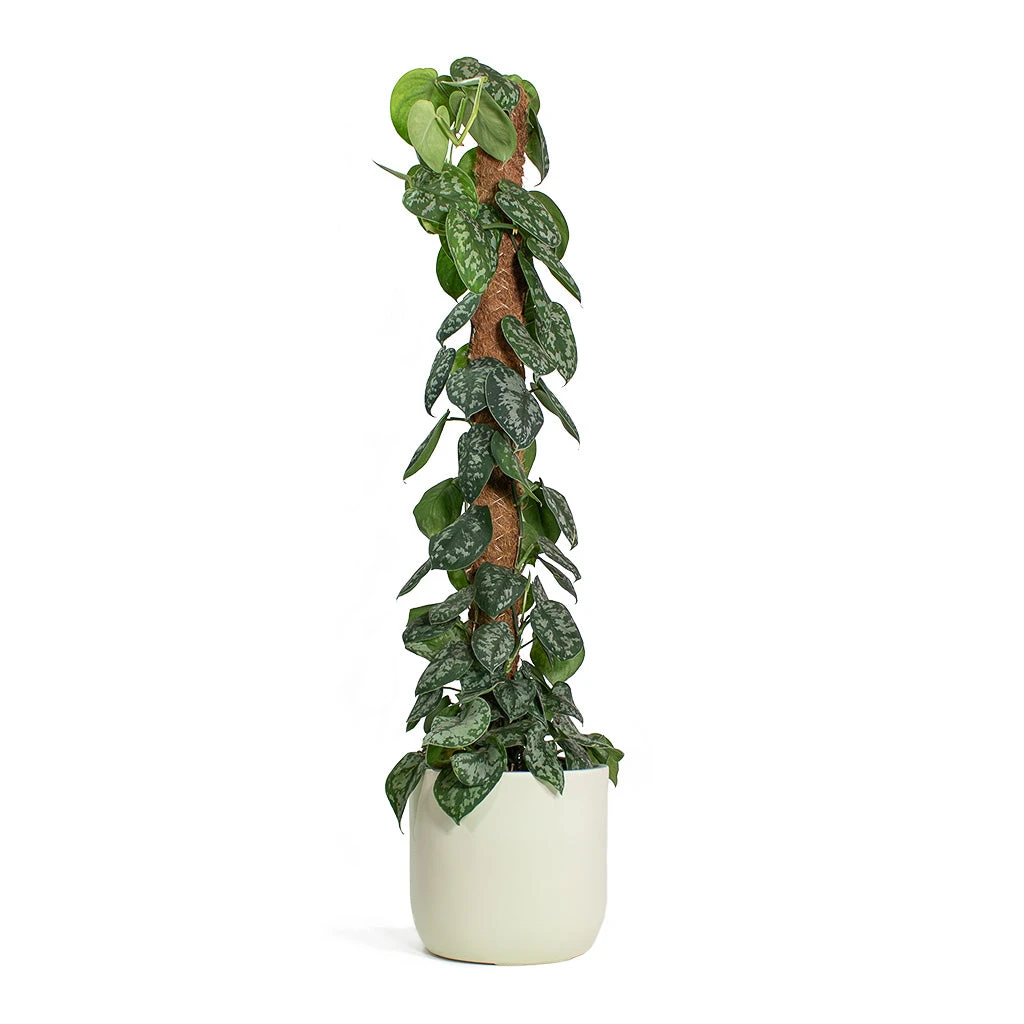
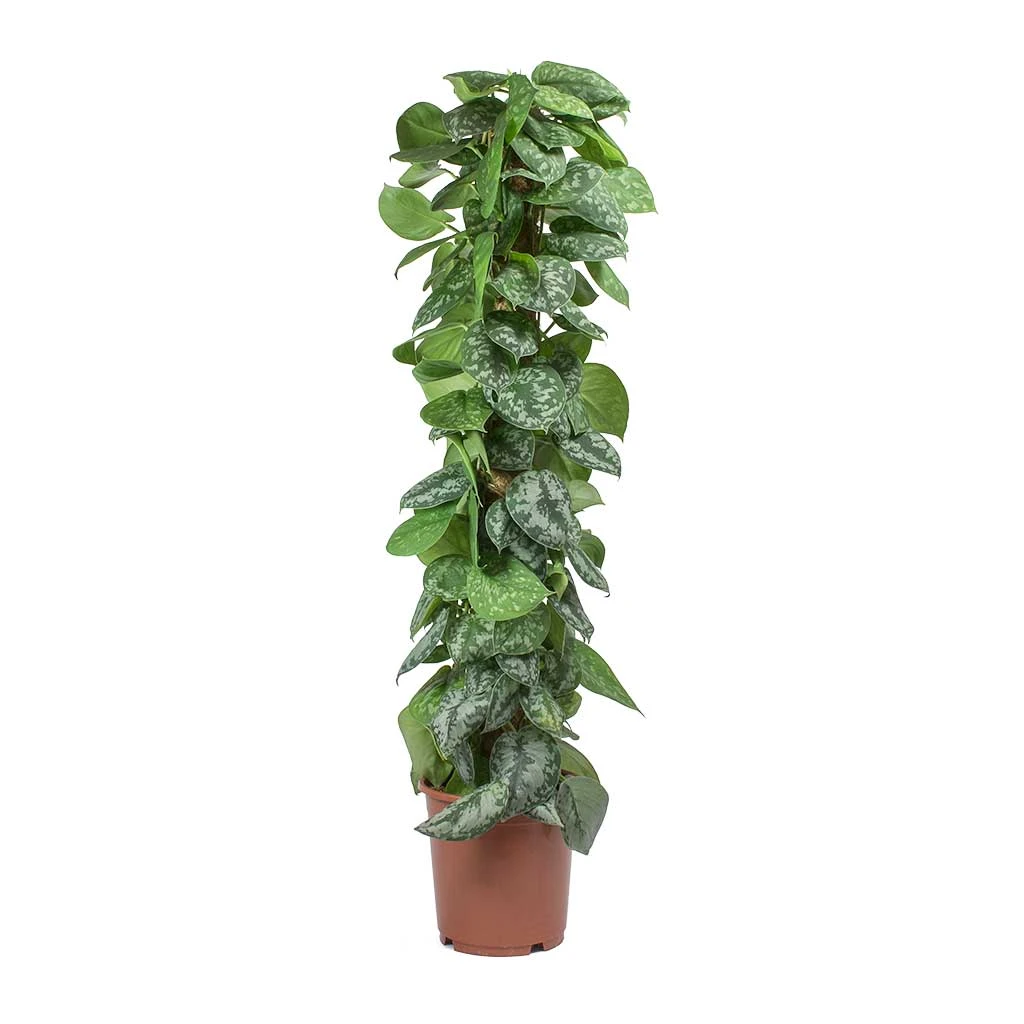


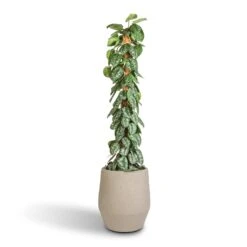
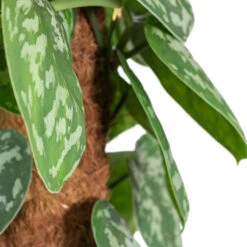
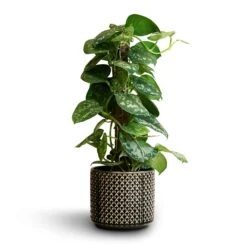
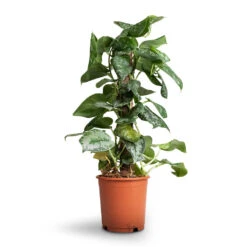
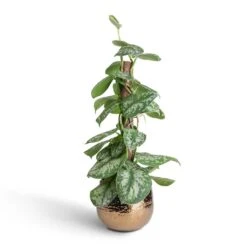

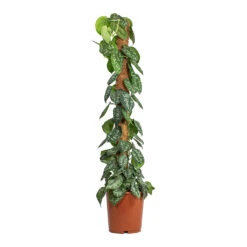
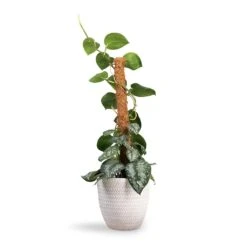
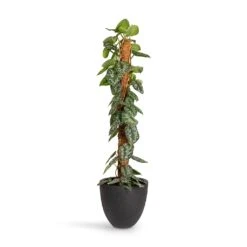
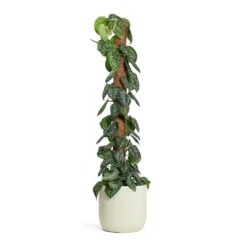

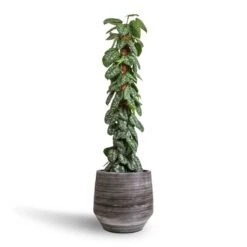


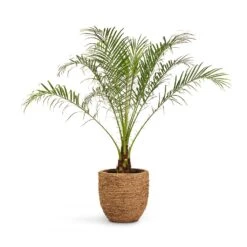
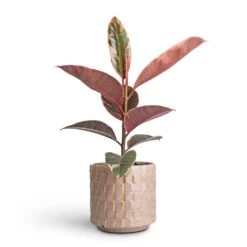
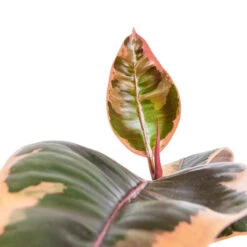
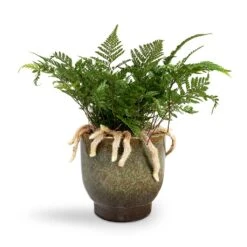
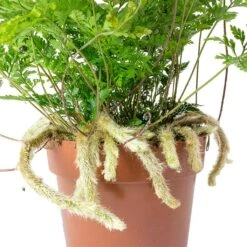
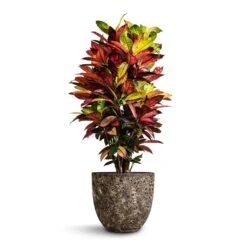
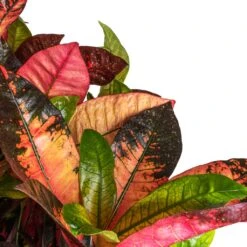
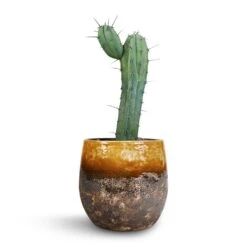
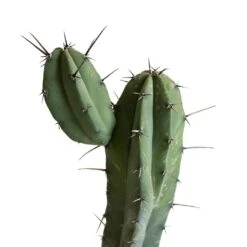
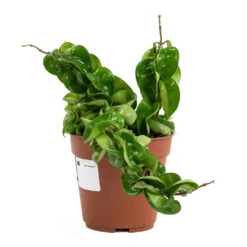
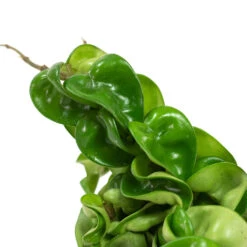
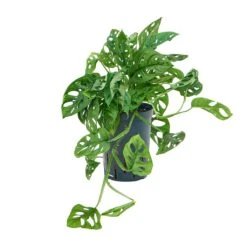
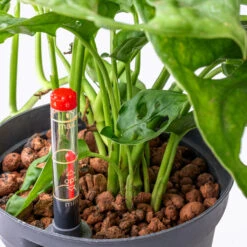

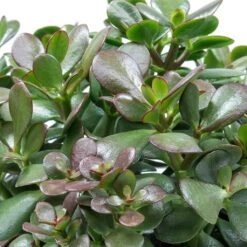
Reviews
There are no reviews yet.